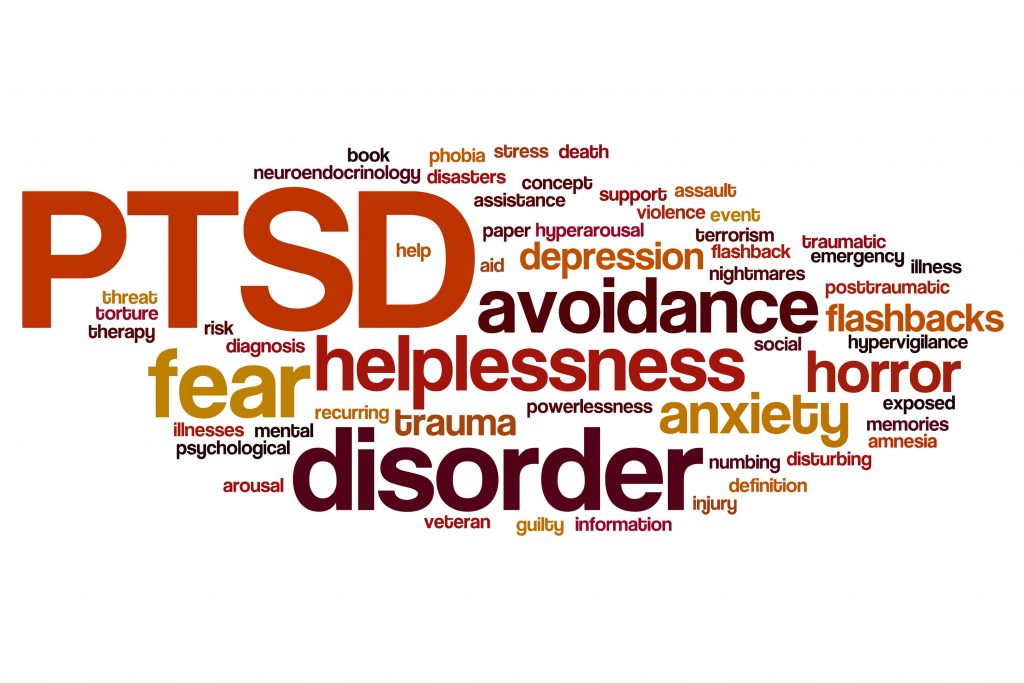What Is PTSD?
Post Traumatic Stress Disorder, or PTSD, must be explained, as it is a growing disorder among many groups. While it is most common in veterans of war, anyone who experiences a high level of stress can be diagnose with this illness.
It is defined as a psychiatric disorder which might occur following the witnessing or experience of life-threatening events, such as natural disasters, military combat, serious accidents, terrorist incidents, serious accidents, or sexual or physical assault. Most survivors of these traumas will return to normal life with time. However, some never quite recover, and may even get worse. This is the beginning of PTSD.
Sufferers experience nightmares, flashbacks, cannot sleep, feel estranged from others, and have symptoms so severe that daily life is impaired. Symptoms also last longer than normal and could last a lifetime.
Symptoms
There are three different kinds of symptoms associated with this illness. The first set is the set where the person consistently relives the trauma. Simply thinking about the incident will cause stress, fear, and a reliving of the incident. The second set is an avoidance of situations or places that remind the person of the incident. The third set involves feelings of irritability, being constantly on guard, and startling easier than others.
Set One: Re-Experiencing Symptoms
These symptoms mean the person is consistently reliving the event. People can relive the event in a number of different ways: memories, reminders such as a visual or audible recall events, or triggers found in every day life. This is called a flashback, and it is the most common of PTSD symptoms.
Set Two: Avoidance and Numbing Symptoms
These symptoms are the efforts people make when trying to avoid the trauma. Certain situations might be avoided, such as going near certain places, being around certain things, or watching certain things on TV.
Numbing symptoms also aid in avoidance; this is what happens when the sufferer feels “numb”. The person is turning off emotions, hoping to avoid reliving the event or feeling the emotions associated with the event.
Set Three: Arousal Symptoms
Set three is often referred to as arousal symptoms, and this is when people feel alert and overaware after the event. This is called increased emotional arousal, and it causes difficulty sleeping, overreacting to harmless situations, anger, and constant feelings of being ‘on guard’ for danger.
Many people deal with this heartbreaking illness, which often leads to substance abuse and depression. If you need help dealing with this illness for yourself or for a loved one, contact Vancouver Home Health Care Agency to find out how today.
At Vancouver Home Health Care Agency, Caring and Compassion is our business.

